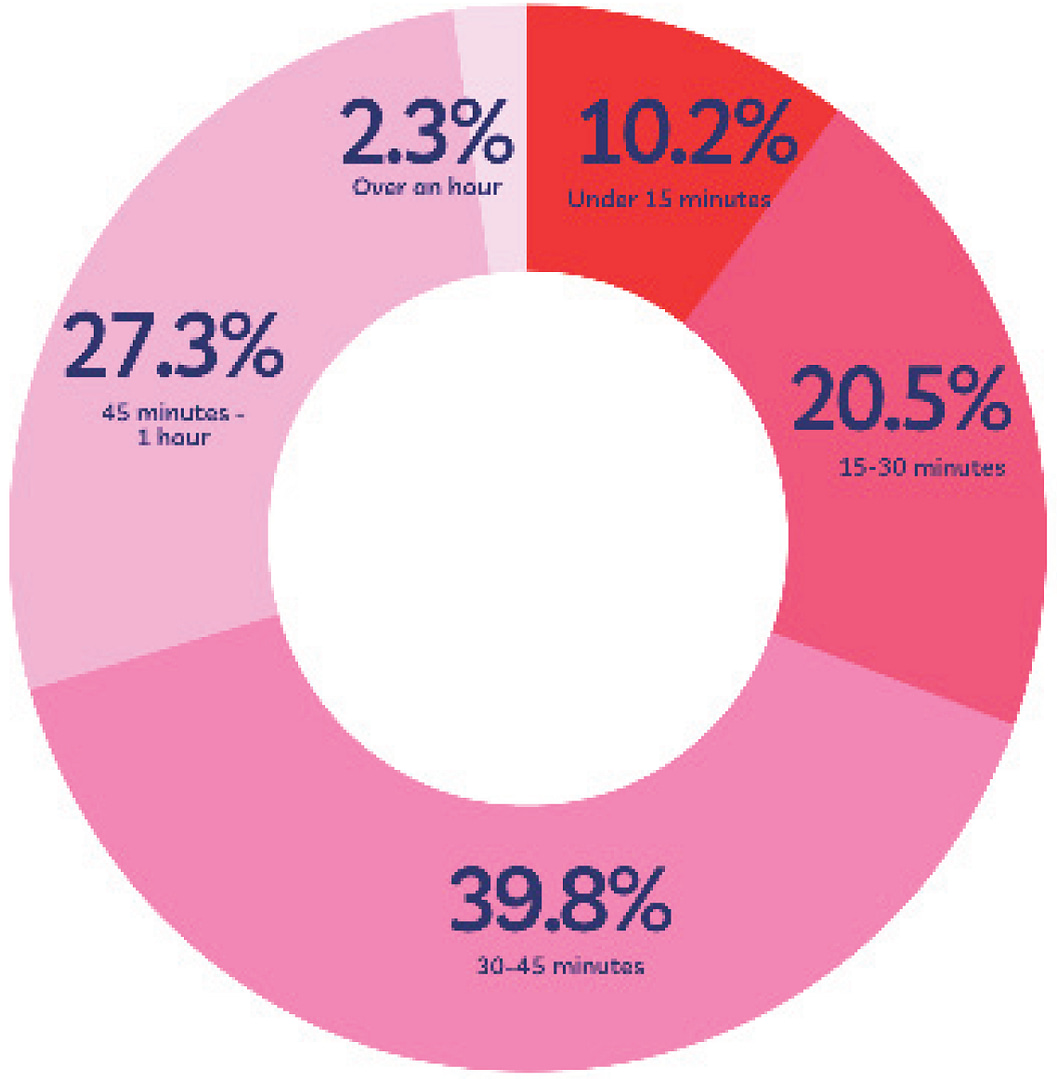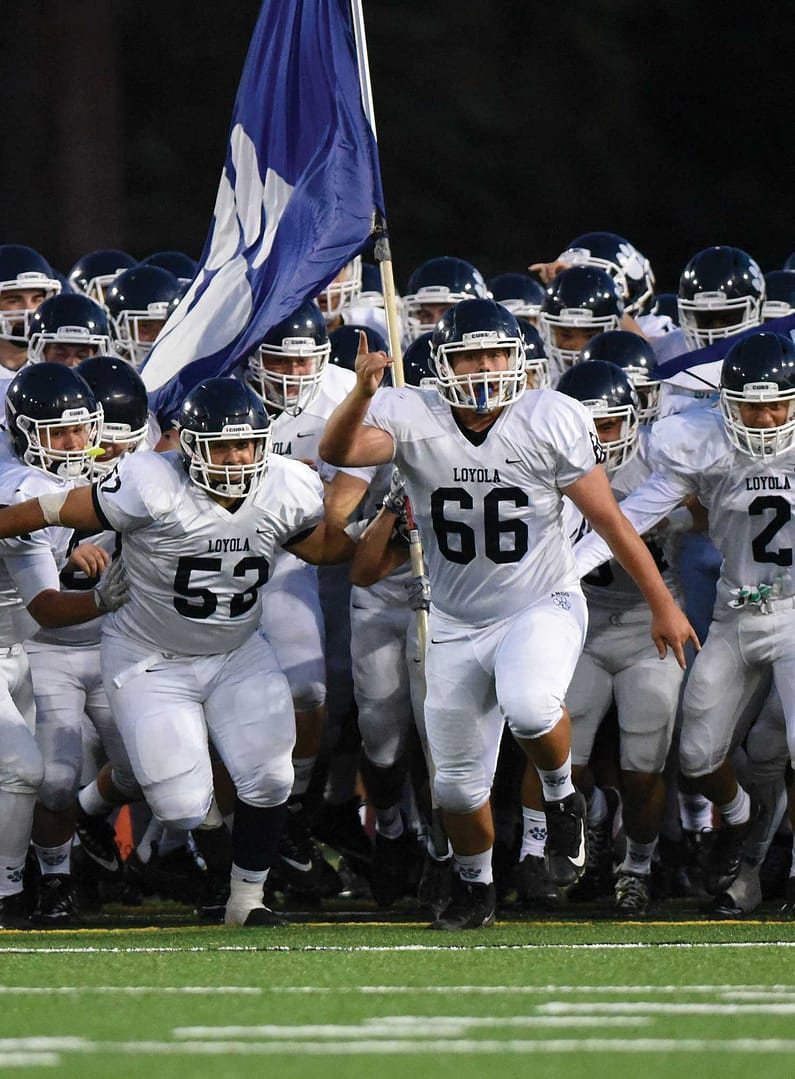Editorial
The end of the school year brings the promise of a glorious, restful summer, and the cessation of the stresses of classes and extracurriculars. Yet, while seniors head off to college and incoming freshman slide into their rookie season at Loyola, the rest of Loyola is still faced with the prospect of making a transition to next year. Though the year may be ending at Loyola, the work to prepare for the succeeding year never ends. Rising sophomores, juniors and seniors must edify themselves about next year and the action they must take to make it successful.
Rising sophomores will be faced with the most difficult transition at Loyola. Sophomore year is radically different from freshman year and often catches sophomores by surprise. The first consideration a sophomore must make is the number of honors or Advanced Placement (AP) classes he will take. Most sophomores, having thrived in the easier freshman curriculum, will load their schedules with as many advanced classes as possible. While many sophomores can handle the rigors of multiple AP or Honors classes, most sophomores will have to exercise prudence in the amount they take. At the first sight of trouble in an advanced class, a sophomore should seriously consider dropping the class.
Sophomores are also faced with an increased community service requirement. Freshman year’s quota of 10 hours is easily attainable, especially with a myriad of opportunities provided by Loyola such as the HSPT tutoring program. Sophomores must complete 25 hours, and most of these hours are done independently. With sophomore year getting more stressful as it progresses, falling behind in community service can be a serious mistake that can derail other pursuits.
Sophomore year is the first year that really counts toward college applications, and accordingly, Sophomores must not fall into bad habits they may have cultivated over their freshman year. Yet, though an easier transition, the hardest year of all is arguably junior year.
Rising juniors who expect junior year to be easier than sophomore year are mistaken. Junior year is comparable in academic difficulty to Sophomore year, but has additional elements that complicate it.
The stress of college applications first becomes apparent in junior year. Juniors will have to consider which teachers will write their letters of recommendation, which colleges to attend, and will also have to prepare for the PSAT, SAT or ACT (summer is the best time to prepare for these tests). Junior year enables students to take more AP classes as well, so students are also faced with the possibility of taking 3-4 AP exams in May.
Junior year also holds great promise amid its stress. With established social circles, the ability to play varsity sports, and the distinction of an upperclassmen come many opportunities for enjoyment. Junior Ground Crew assists in the Big Brother Retreat and is often regarded as a marvelous experience for Juniors. Junior Kairos opens the door heading into senior year. Juniors also begin to fill leadership roles in their clubs, teams, and activities.
But the transitions to greener pastures for juniors or stormy seas for sophomores all culminate in the ultimate metamorphosis that comes senior year. Senior year has potential to be the greatest year for Loyola students. The year commences with the stress of college application deadlines. It is imperative that rising seniors complete as much of their college application in the summer as possible. Doing so produces a higher quality application and affords seniors a far more enjoyable September.
But aside from the initial stress of first semester senior year, most of which is manageable for Cubs who have weathered the storm of junior and senior year, comes the benefits of being the big men on campus.
Seniors can lead the Big Brother retreat, lead Kairos and step up to captain sports teams. Seniors even get their own window at Zlicious and can wear Loyola t-shirts every day of the week. Once colleges signal their acceptances, then the year becomes a cauldron of class camaraderie and an anvil on which great memories with friends are formed.
But if senior year teaches Cubs anything, it teaches that all this excitement, and so much more, happens lighting fast. So over this summer, Cubs should rest and relax, but above all, should take time to ponder how they will successfully and smoothly transition to the next grade level and make their time at Loyola count for all it can.






Comments are closed.